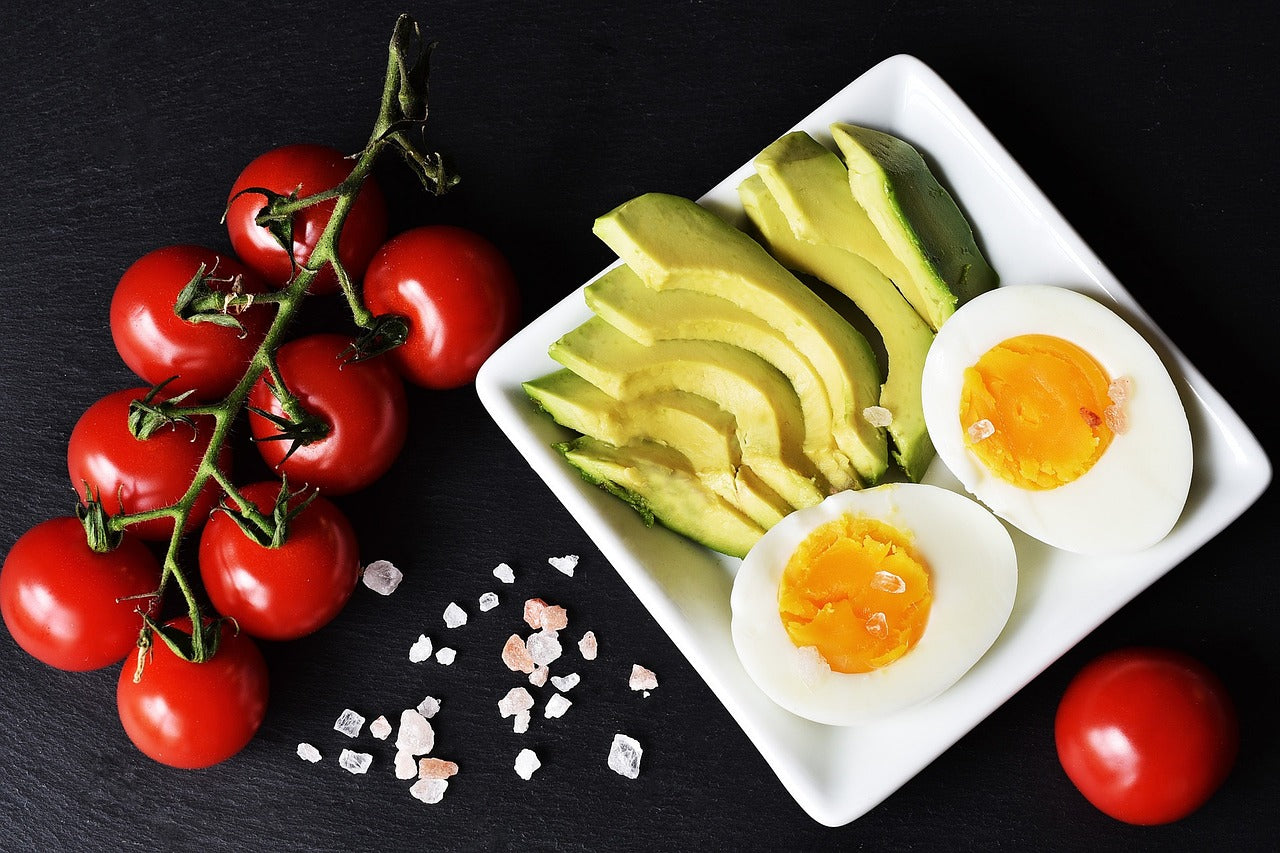Have you ever wondered what to eat before running ? Reading this article you will find many answers to your questions.
Running is one of the most popular and accessible physical activities in the world. Whether it's a light jog in the park or intense training for a marathon, what you eat before you run can significantly impact your performance and overall well-being.
In fact, through the performance obtained from nutrition, it will be possible to determine not only the level of energy available during physical activity, but also the resistance capacity, the speed of post-workout recovery and digestive comfort during running.
An appropriate food choice can prevent the feeling of heaviness and gastrointestinal disorders, allowing you to concentrate better on your pace and technique.
Additionally, proper pre-run nutrition can help keep blood sugar levels stable , avoiding energy spikes followed by sudden drops that can compromise performance.
Therefore, understanding which nutrients and foods are best to consume before a run is essential to optimizing each training session, maximizing the physical and mental benefits of exercise.
In this article, then, we’ll explore what to eat before running to maximize energy and endurance, as well as discuss the importance of taking a DNA test to customize your diet to your individual needs.
What to eat before running: here are the most common foods and suggestions
Choosing the right foods to eat before a run is essential to provide your body with the energy it needs and prevent digestive problems. Here are some tips on what to eat before running:
-
Complex carbohydrates
Complex carbohydrates are a primary source of energy. Foods such as oatmeal, whole grain bread, brown rice, and sweet potatoes release energy slowly, providing a steady supply of fuel throughout your run.
It is advisable to consume a meal rich in complex carbohydrates approximately 2-3 hours before running.
-
Lean Protein
Protein helps repair and build muscle. Lean protein sources such as chicken, turkey, fish, tofu, and legumes are ideal for a pre-run meal. A combination of complex carbohydrates and lean protein can optimize energy availability and muscle protein synthesis.
-
Fruit
Fruit is an excellent choice for a light snack before running. Fruits such as bananas, apples, and oranges provide simple carbohydrates that are quickly converted into energy.
Additionally, consuming these fruits is rich in essential vitamins and minerals that support muscle function and hydration.
-
Hydration
Hydration is crucial because drinking enough water before your run helps keep your body hydrated and prevent dehydration. It's important to start drinking water several hours before your run and continue sipping small amounts until you're ready to go.
-
Avoid heavy and fatty foods
It is advisable to avoid heavy, fatty or high-fiber foods before a run , as they can cause gastrointestinal discomfort. Foods such as fried foods, fast foods, whole legumes and cruciferous vegetables can be difficult to digest and should be consumed in moderation or away from the time of your run.
Why is it essential to take a DNA test?
Each of us has a unique metabolism and responds differently to foods. This is where the importance of taking a DNA test comes in. This test can provide valuable information about your genetic predispositions , helping you customize your diet to optimize athletic performance.
A DNA test can reveal how the body metabolizes various nutrients. For example, some people may be predisposed to metabolizing carbohydrates more quickly, while others may benefit from a higher protein intake.
This information can help you choose the best foods to consume before running, automatically ensuring optimal energy release and better performance.
A DNA test can also identify any food intolerances or sensitivities, such as lactose or gluten. Knowing these predispositions can help you avoid foods that may cause discomfort or negatively impact your running performance.
Some DNA tests can provide information about your predispositions to muscle injury and your ability to recover. For example, knowing your predisposition to muscle inflammation or injury can help you better plan your nutrition and supplements to support muscle health and prevent injury.
Conclusions
Choosing what to eat before running is essential to ensure energy, endurance and well-being during physical activity. Complex carbohydrates, lean proteins, fruit and good hydration are key elements of an effective pre-run diet.
However, personalization is key , and a DNA test can offer a tailored approach based on your genetic predispositions. This not only optimizes performance, but also helps improve overall health and prevent potential nutrition-related problems.
Once you have a personalized path, you will automatically be more inclined to run while achieving better performances that will allow you to maintain a healthy and balanced lifestyle.




Leave a comment
This site is protected by hCaptcha and the hCaptcha Privacy Policy and Terms of Service apply.